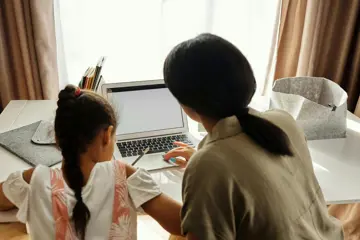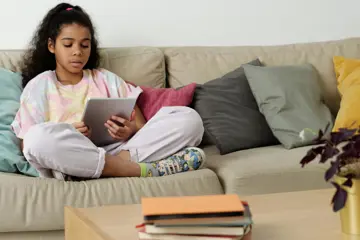The UK government see children and young people's participation in decision-making about their own lives being a key principle of Every Child Matters and the Children’s Act 1989 and its recent amendments. Local authorities in England have taken forward initiatives to ensure independent advocacy for children is available for all those who are wishing to make a complaint or in need of support to have their voice heard, as required in National Minimum Standards 1.5.
The National Minimum Standards 2011 (1.5) state "Children have access to independent advice and support from adults who they can contact directly and in private about problems or concerns, which is appropriate to their age and understanding. Children know their rights to advocacy and how to access an advocate, and how to contact the Children's Commissioner."







